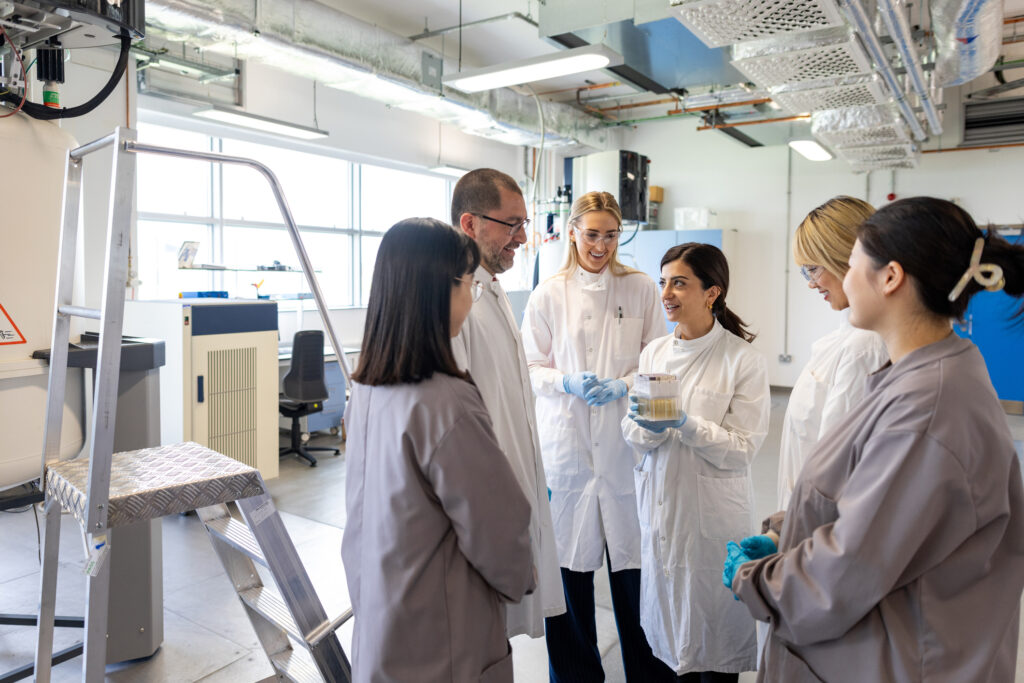Excerpts from case studies:
“Without a fair and functional visa system, we risk reaching a breaking point in our ability to attract global talent and sustain world-leading research”
“For the UK to be seen as a good choice of place to work, and to remain internationally competitive, we must not erect unnecessary barriers to the flow of researchers from around the world.”
“We have several [researchers] who have not seen their families for more than 6 months because the previous costs were too high”
Recent UK Government policy announcements in the Immigration White Paper and Industrial Strategy signal aims to impose tighter immigration controls and boost the UK’s R&D sector which at first glance appear to be contradictory. There has been promising recognition of the value of international research talent in the commitment to make the UK’s Global Talent visa easier to use and the announcement of the Global Talent Taskforce and Global Talent Fund. However, some barriers have been left unaddressed and others, such as changes to the Skilled Worker visa, have also been raised.
One of the most common messages we heard was how important it is for UK institutions to attract the highest possible level of talent to maintain their positions as world leaders. International researchers are essential to stay on the cutting edge and some specialist organisations said that there is a challenge to recruit enough top-quality staff from the UK to maintain this position.
The full case studies can be found attached to this release, however the main themes identified by CaSE are:
- The Global Talent visa is ambiguous and confusing to navigate. It is often ambiguous to applicants and immigration compliance professional who is eligible, and the visa route itself is hard to navigate.
- Complex visa policy can put significant strain on organisations. Visa policy is increasingly complicated and puts significant strain and costs on organisations to ensure compliance. This can lead to paying for legal advice, requiring additional staff, or even outsourcing immigration administration for fear of not being compliant.
- High visa costs can be a decisive barrier for individuals and can be unsustainable for organisations. High visa costs are a significant disincentive and the availability of financial support can make or break leading researchers’ decisions to come to the UK. This support comes at an increasing cost for organisations and can be unsustainable.
“It has been a consistent challenge for those of us advocating for improvement in the UK’s skilled immigration system to present first hand examples of the barriers organisations face. This is understandable, as immigration is a complicated and distinctly human area of policy, and it is only natural that organisations want to take the utmost care and caution when speaking publicly about these issues. It is precisely for these reasons that we are so grateful to these 15 organisations for taking the time to present their concerns in such a constructive and detailed way. Like us, they recognise the major challenges UK research is facing under the current system and want to see the Government take action that will improve things for skilled workers and those that employ them.”
About CaSE
Campaign for Science and Engineering (CaSE) is the leading independent voice for UK R&D.
We are a charity supported by a diverse membership including businesses, universities, professional bodies, research charities and individuals. Our members span the whole breadth of R&D – including discovery research, science, engineering, and innovation across the public, private, and charitable sectors.
We collaborate with our members, partners and the public to lend our clear, expert voice to decisions about research and development. We specialise in developing non-partisan, responsive solutions that help research and innovation to thrive in ways that improve people’s lives and livelihoods.
Case studies and/or interview contributions have been provided to CaSE by:
- The Francis Crick Institute
- The James Hutton Institute
- John Innes Centre
- The Sainsbury Laboratory
- Wellcome Sanger Institute
- University of Exeter
As well as nine organisations that wish not to be named.



